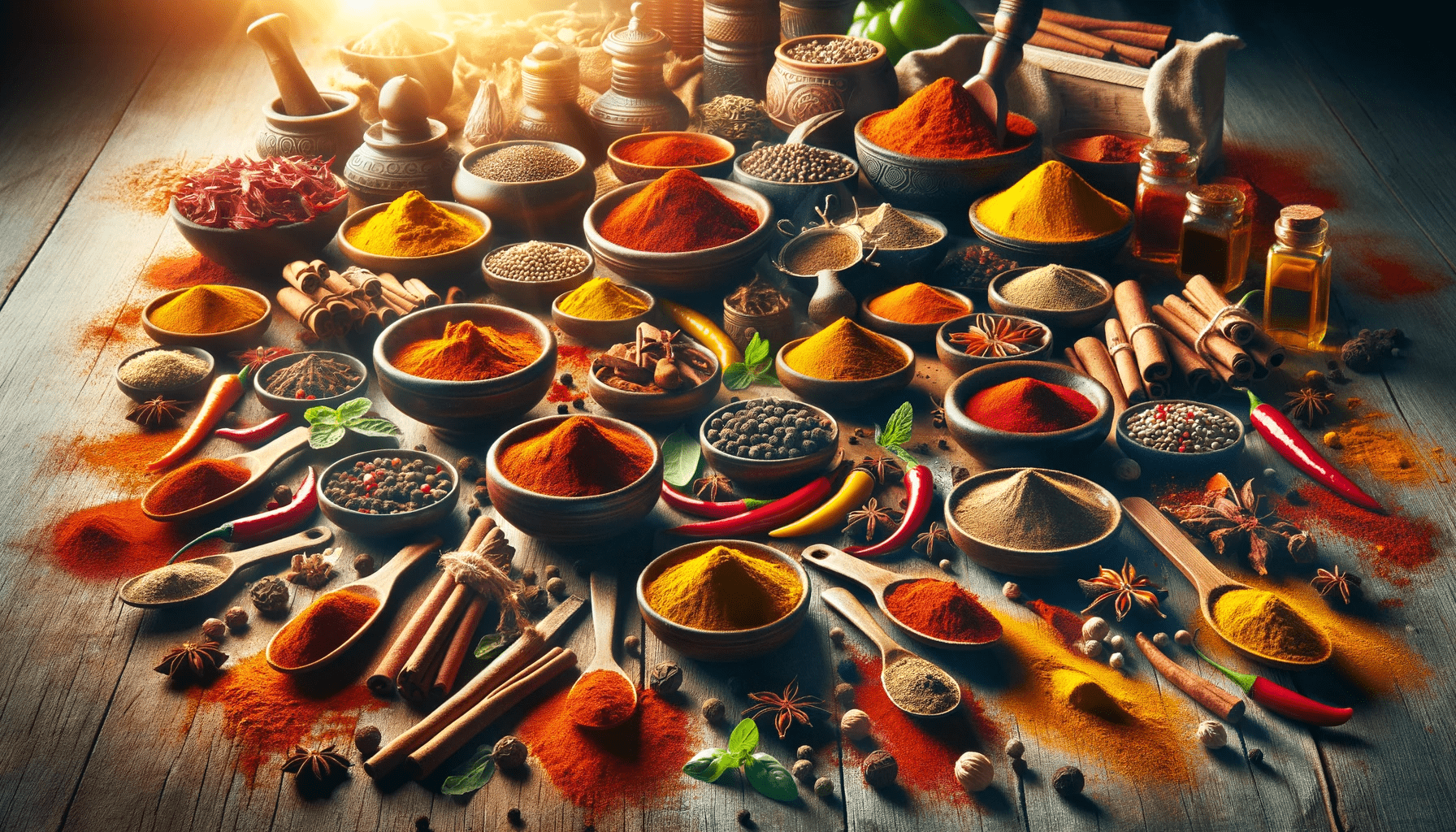The benefits of Spices: A treasure trove of flavors and health
Spices have long been valued for their ability to enhance the taste of foods. But beyond their culinary usefulness, they contain incredible health benefits, stemming from centuries of medicinal tradition in various cultures around the world.
Ratatouille Spices: Unveiling the Health Benefits Behind the Culinary Magic
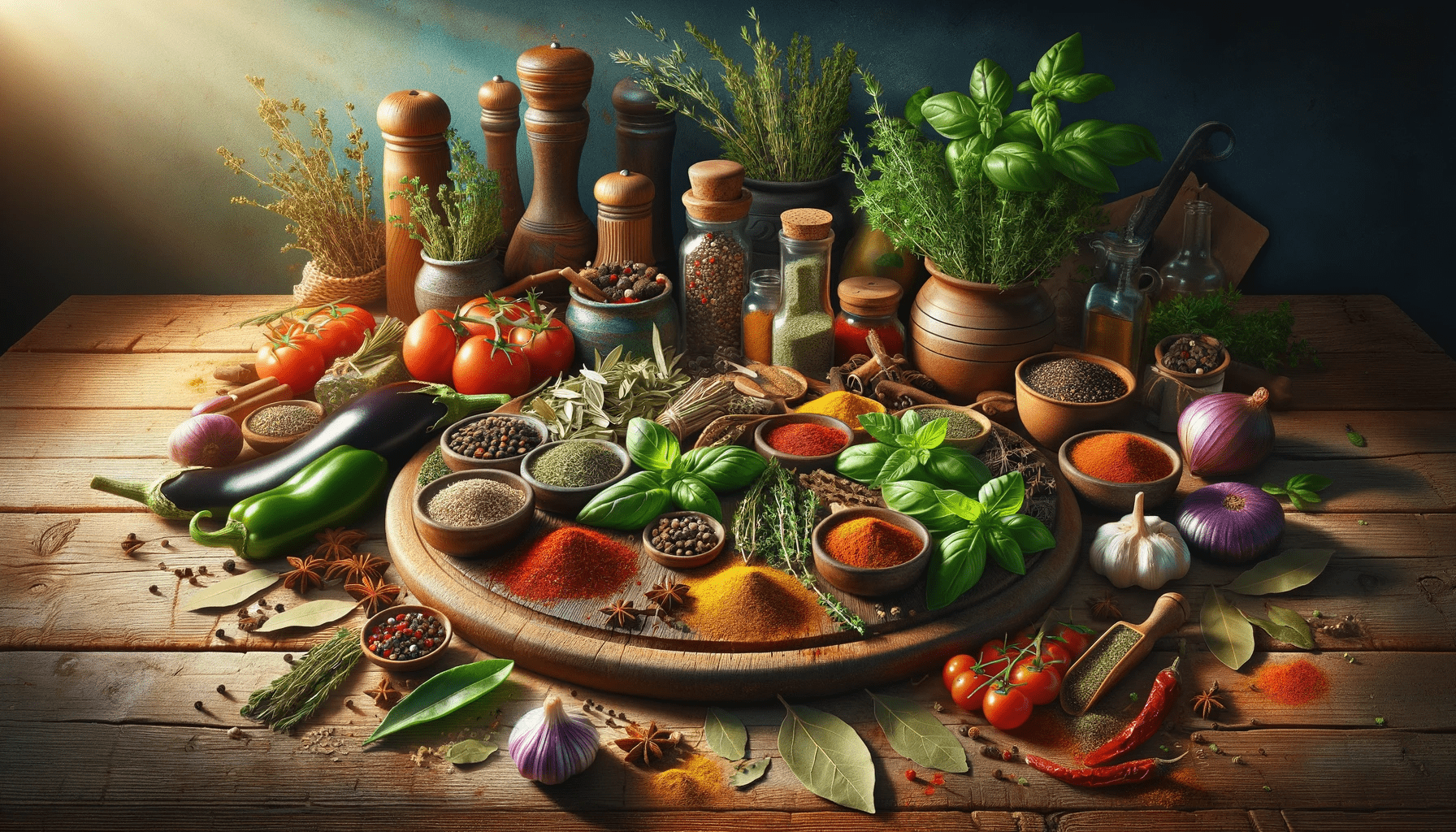
Chinese Spices: Health Benefits of an Ancient Culinary Tradition

Cajun Spices: Flavor and Health Benefits
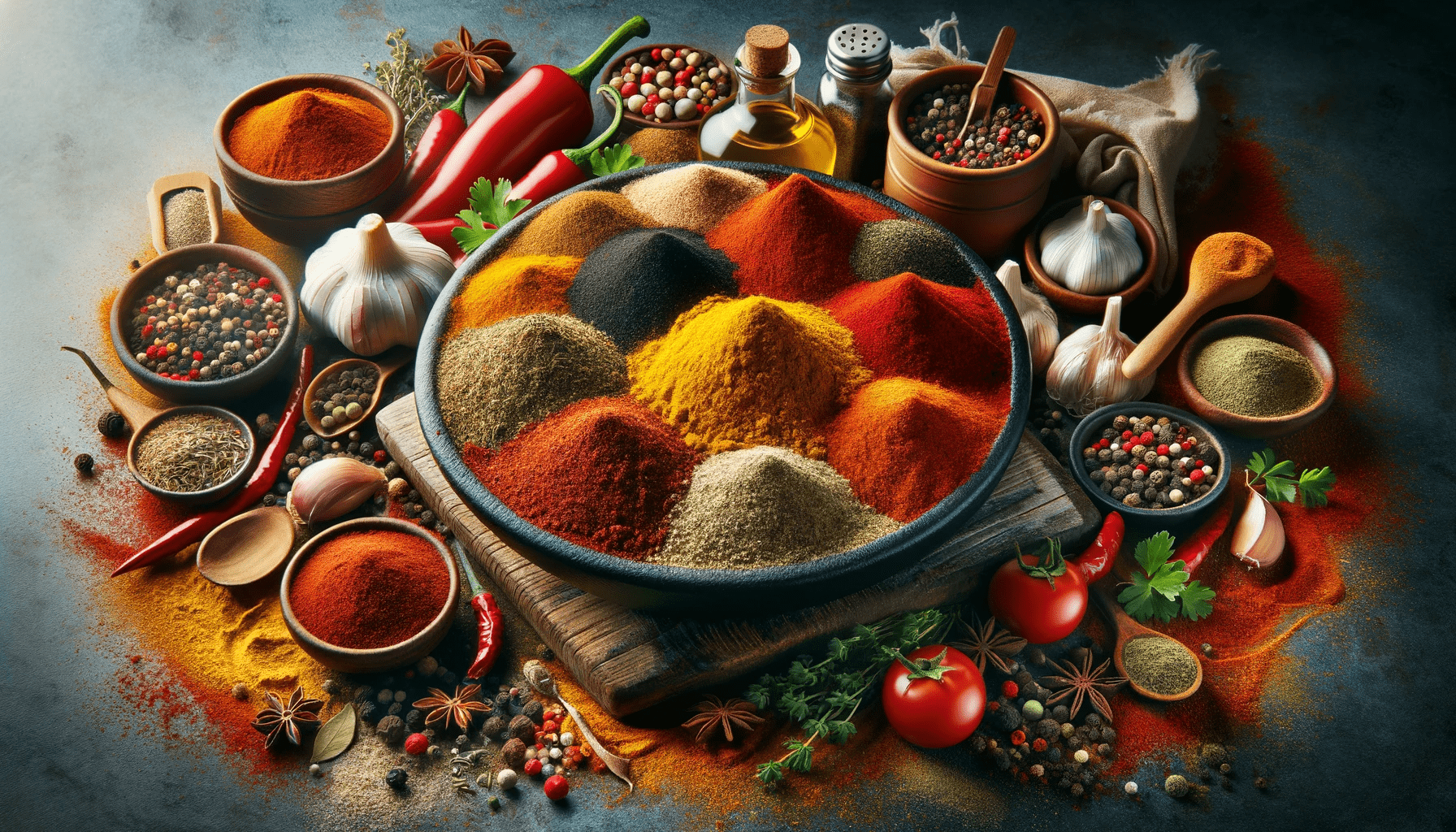
Green Cardamom: Profound Health Benefits
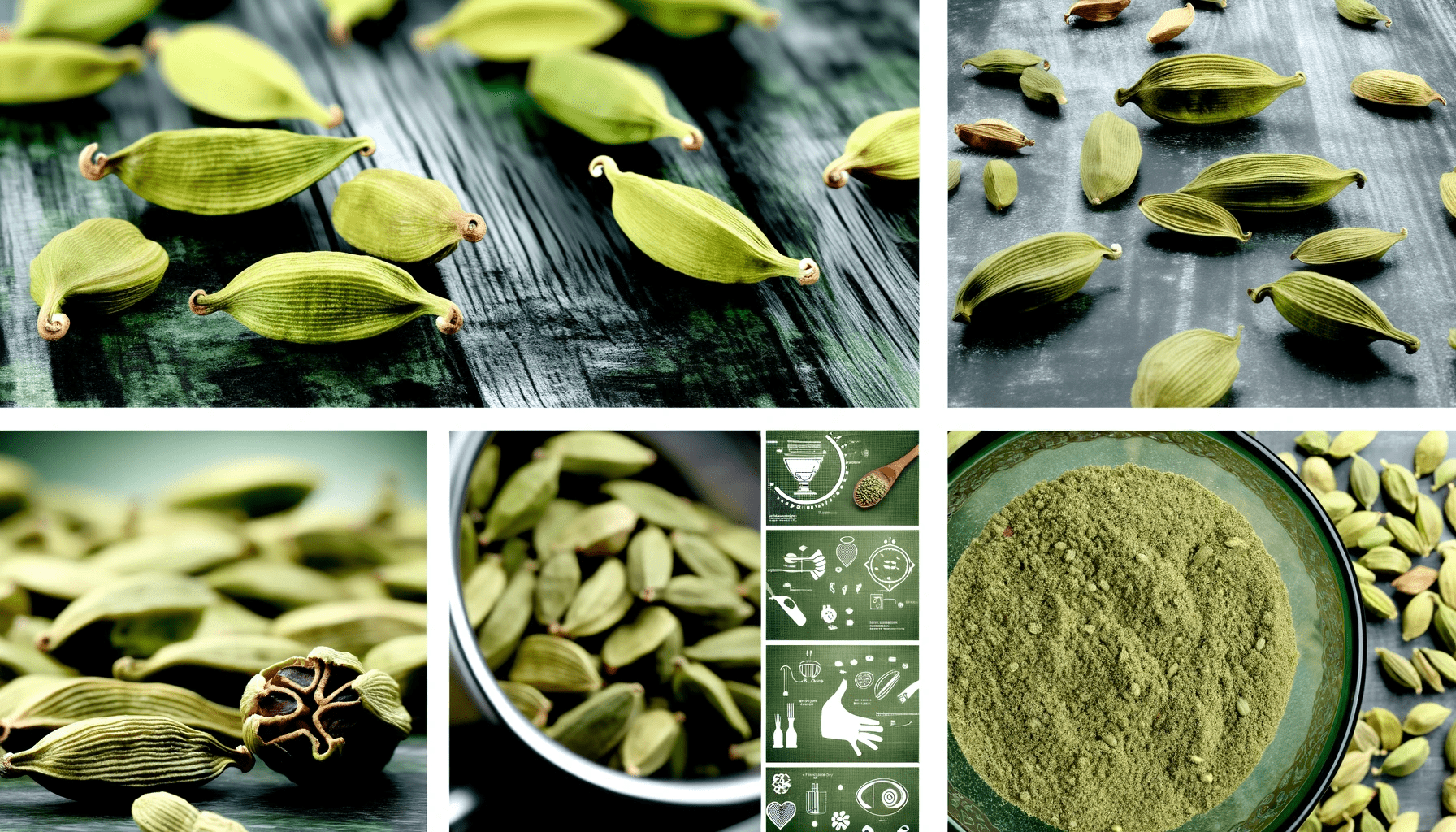
Unveiling the Spices of Rougail Sausage: A Culinary and Health Perspective
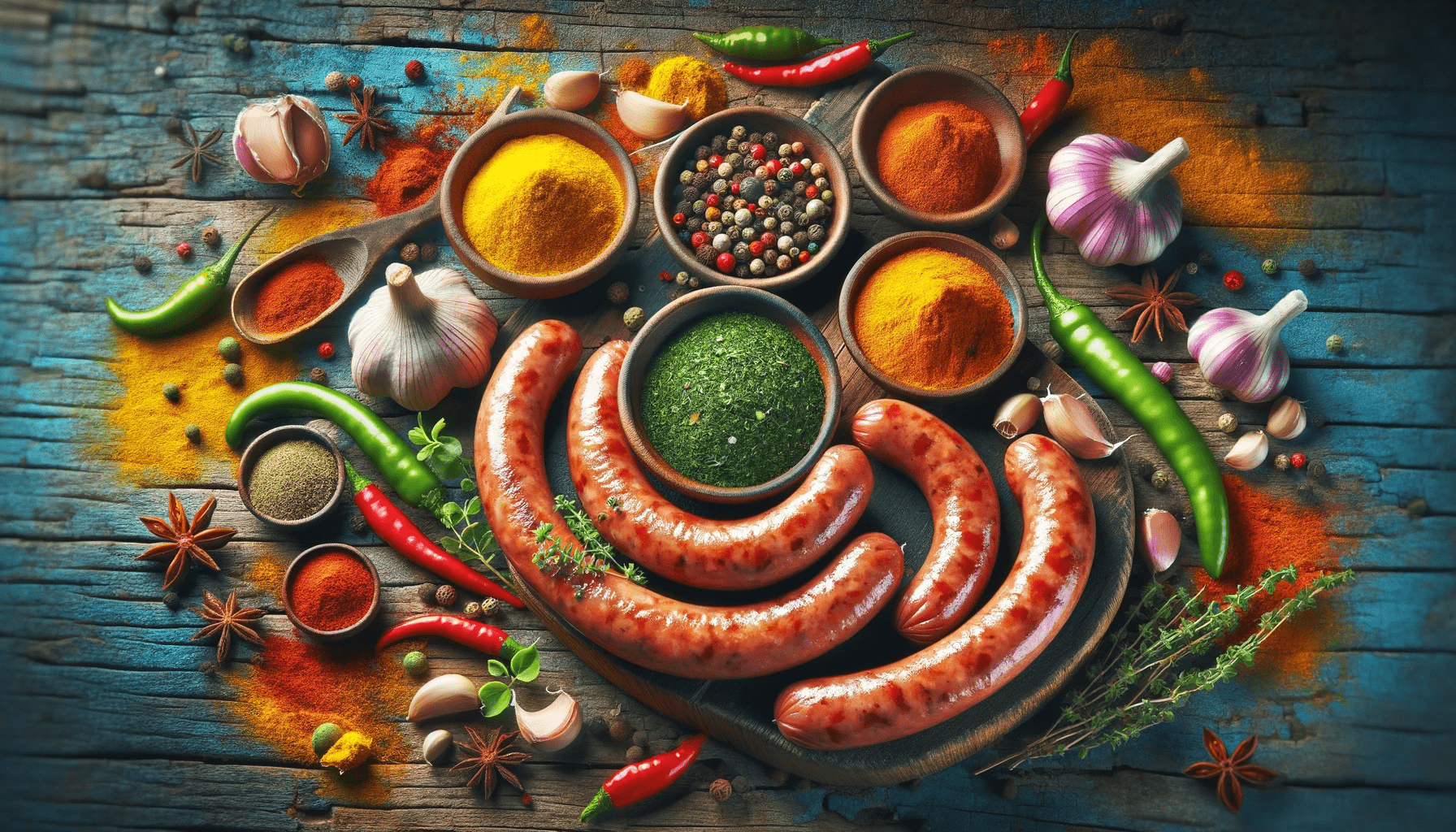
Chili Con Carne Spices: Benefits and Culinary Richness
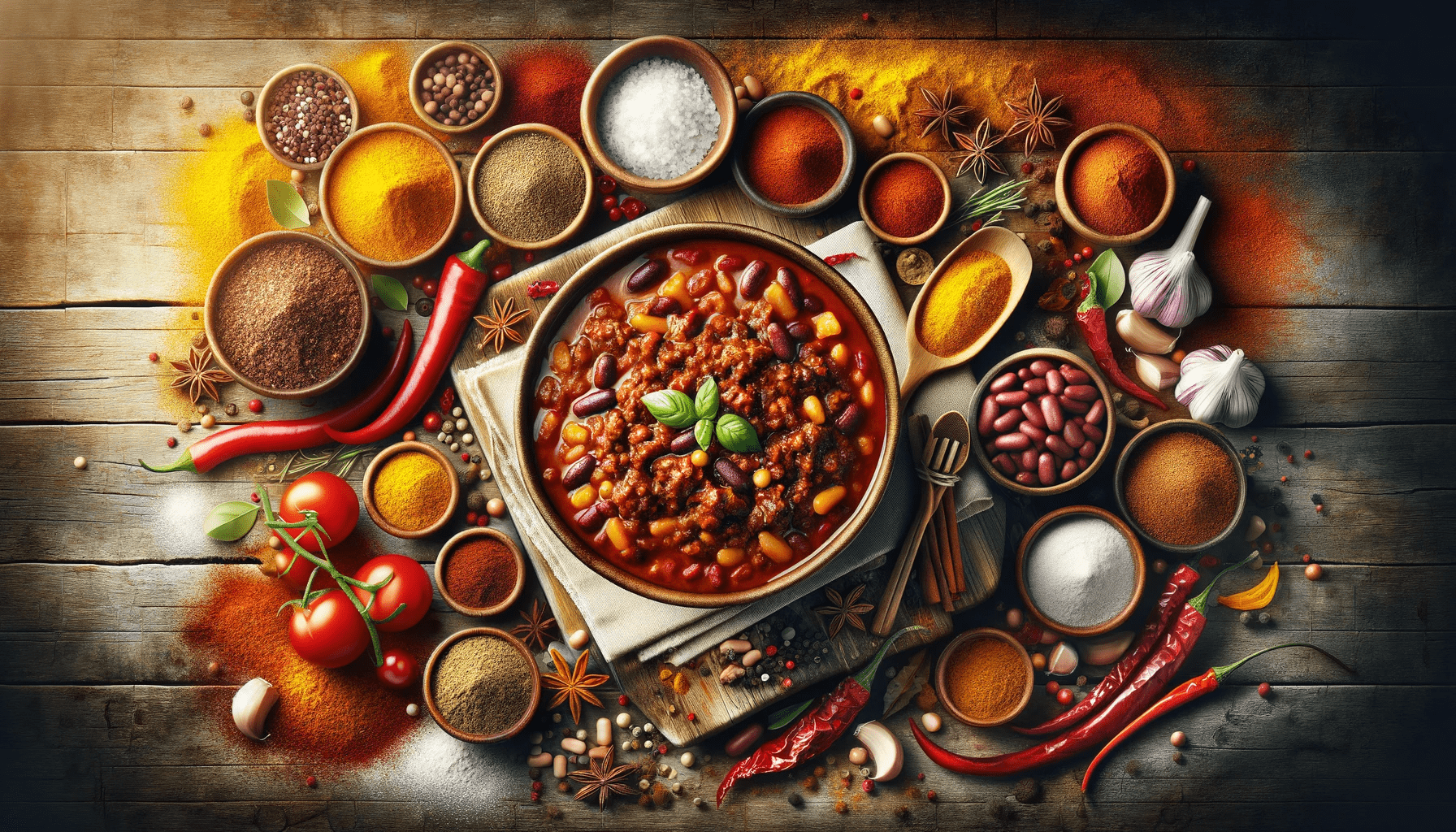
Cardamom : Flavors, Benefits and Culinary Applications
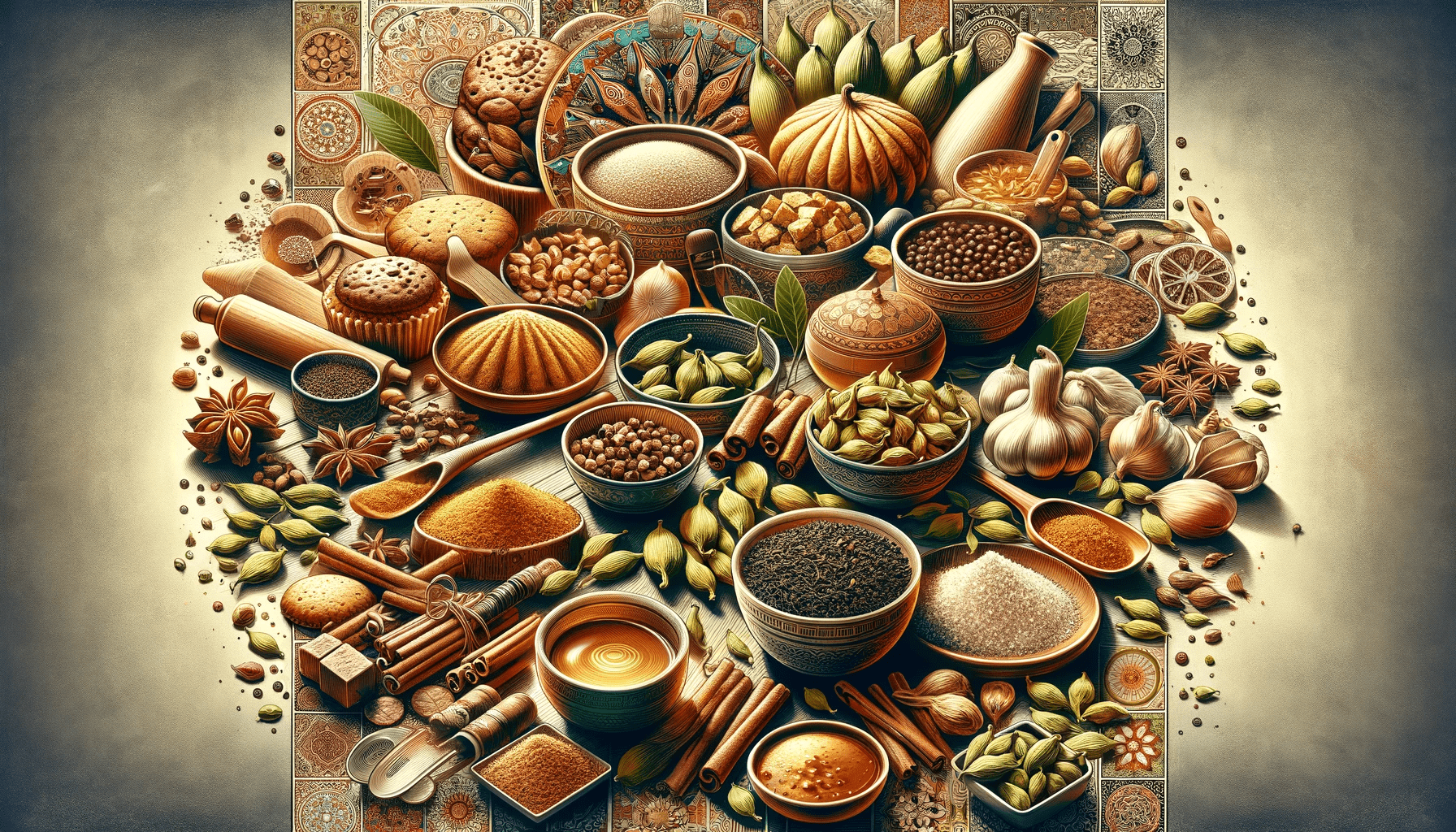
Four Essential Spices for Healthy Couscous Experience
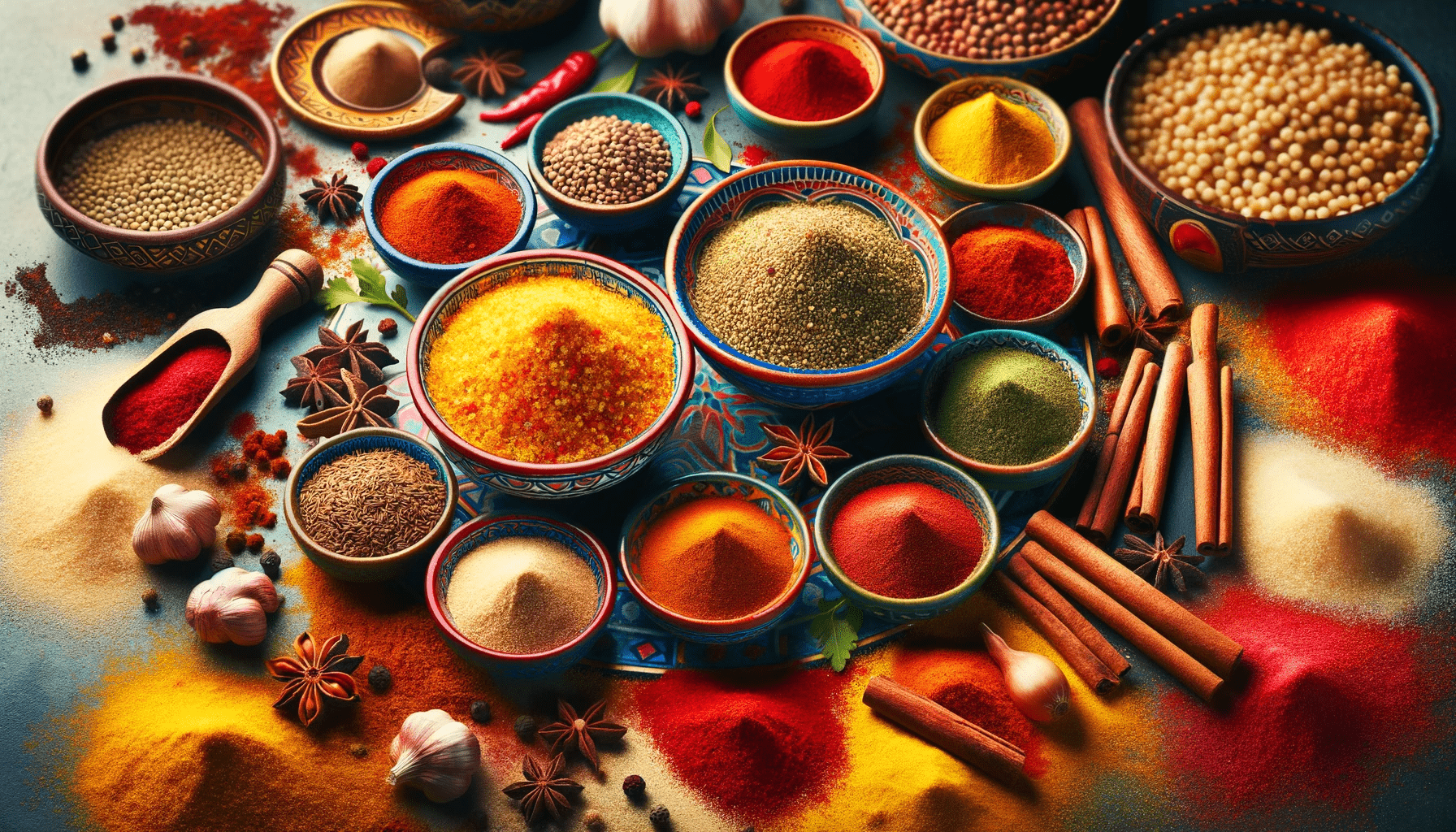
Cinnamon Coffee: What Impact on Weight Loss?

Turmeric, a powerful anti-inflammatory, used to relieve joint pain and improve digestion.
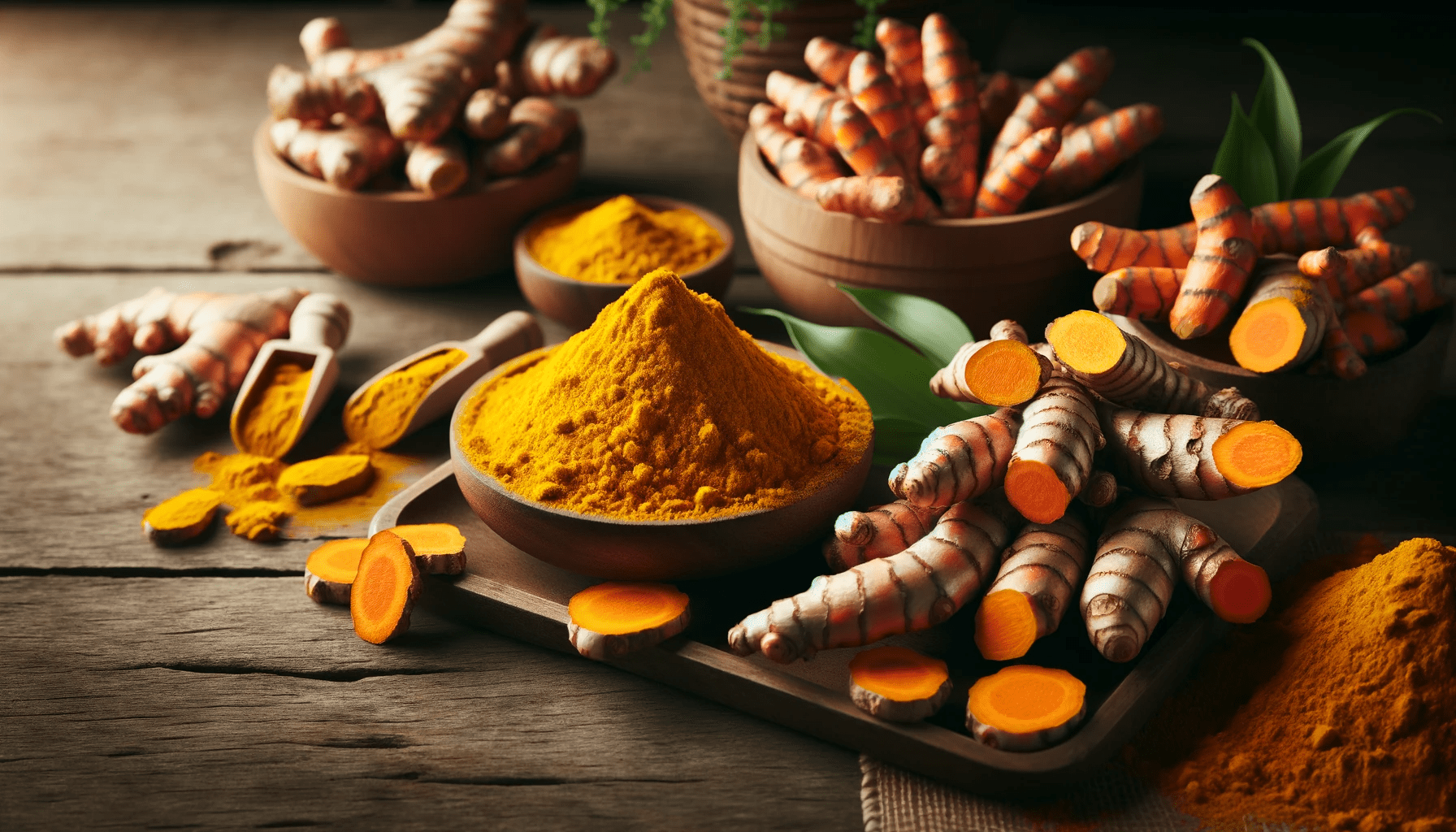
Cinnamon health benefits: Exploring the Spice of Ancient Traditions and Modern Science

What are the best combinations of spices for different types of cuisine (Indian, Mexican, etc.)?
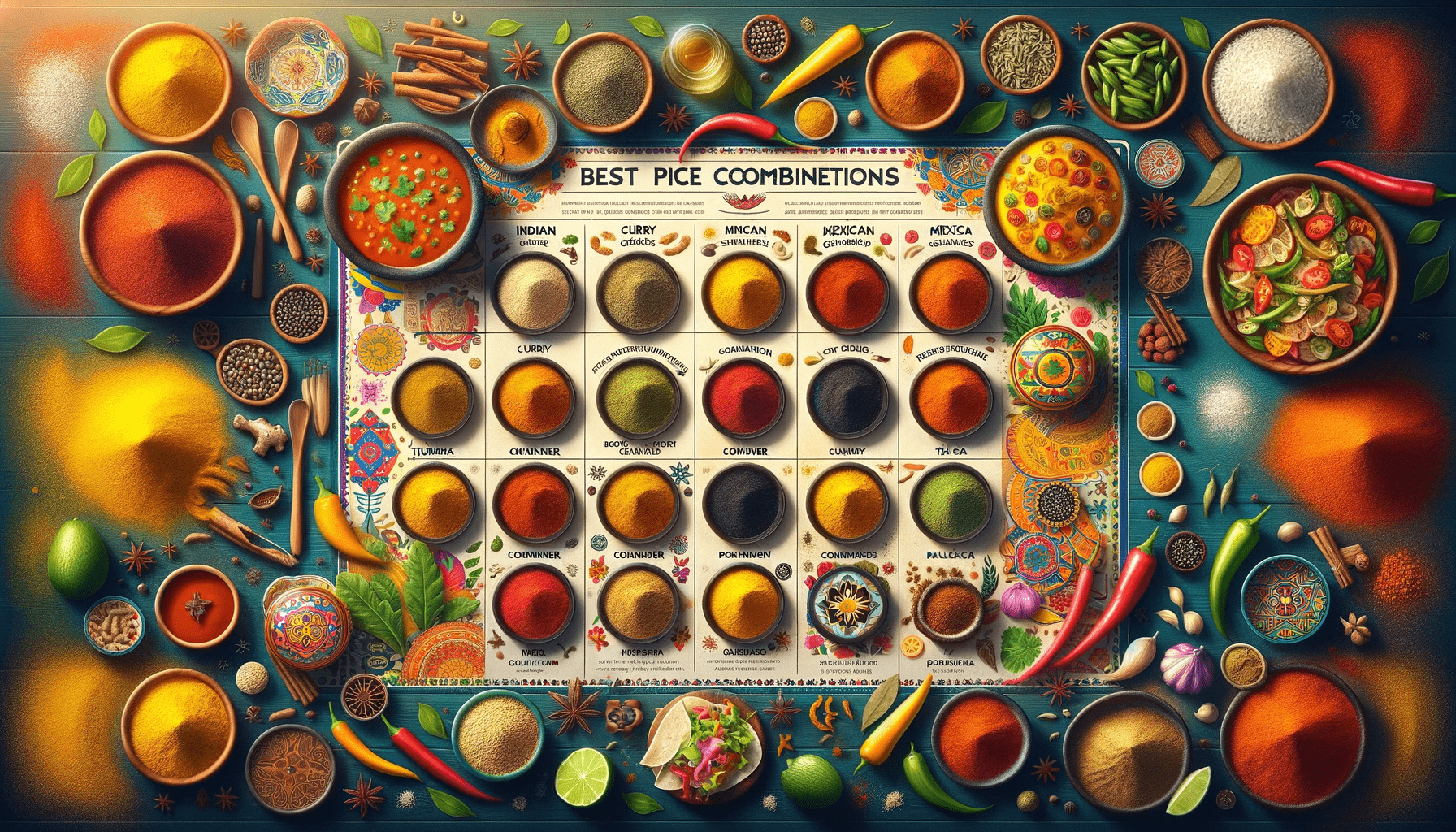
Can certain spices be used to help with digestion or relieve other ailments?
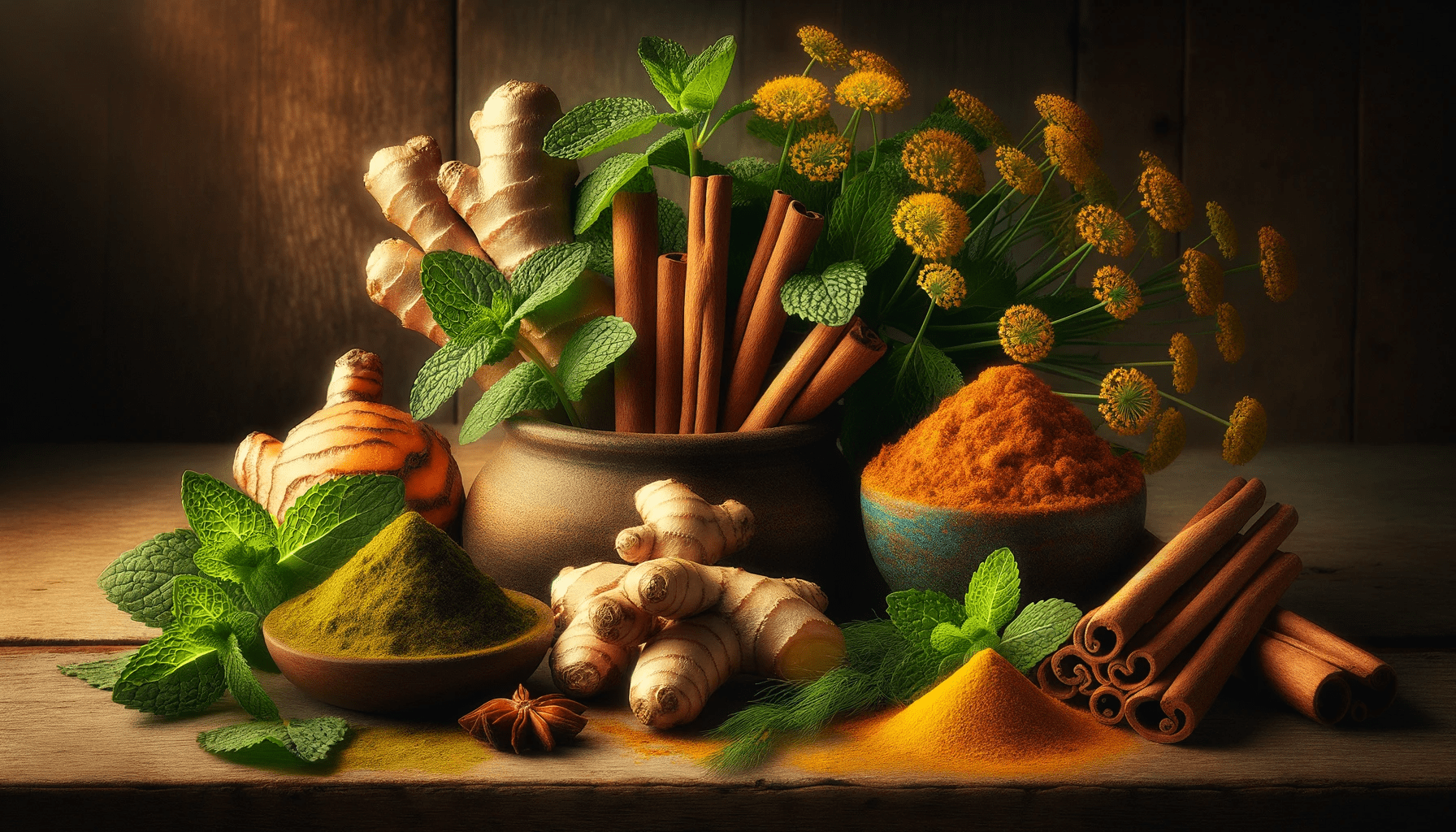
Benefits of the common spices like turmeric, ginger and cinnamon
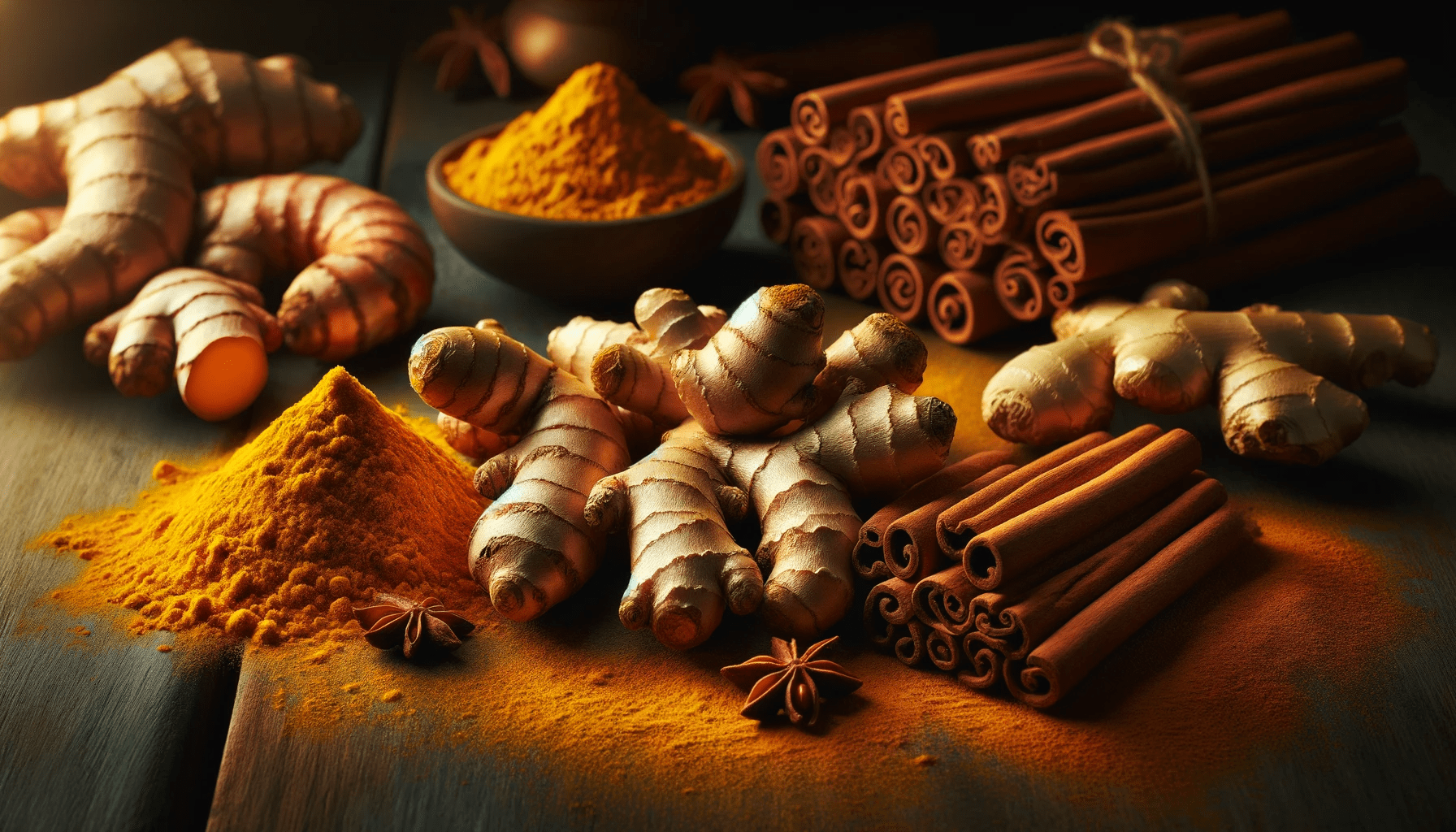
Ginger root: Multifaceted Health Benefits
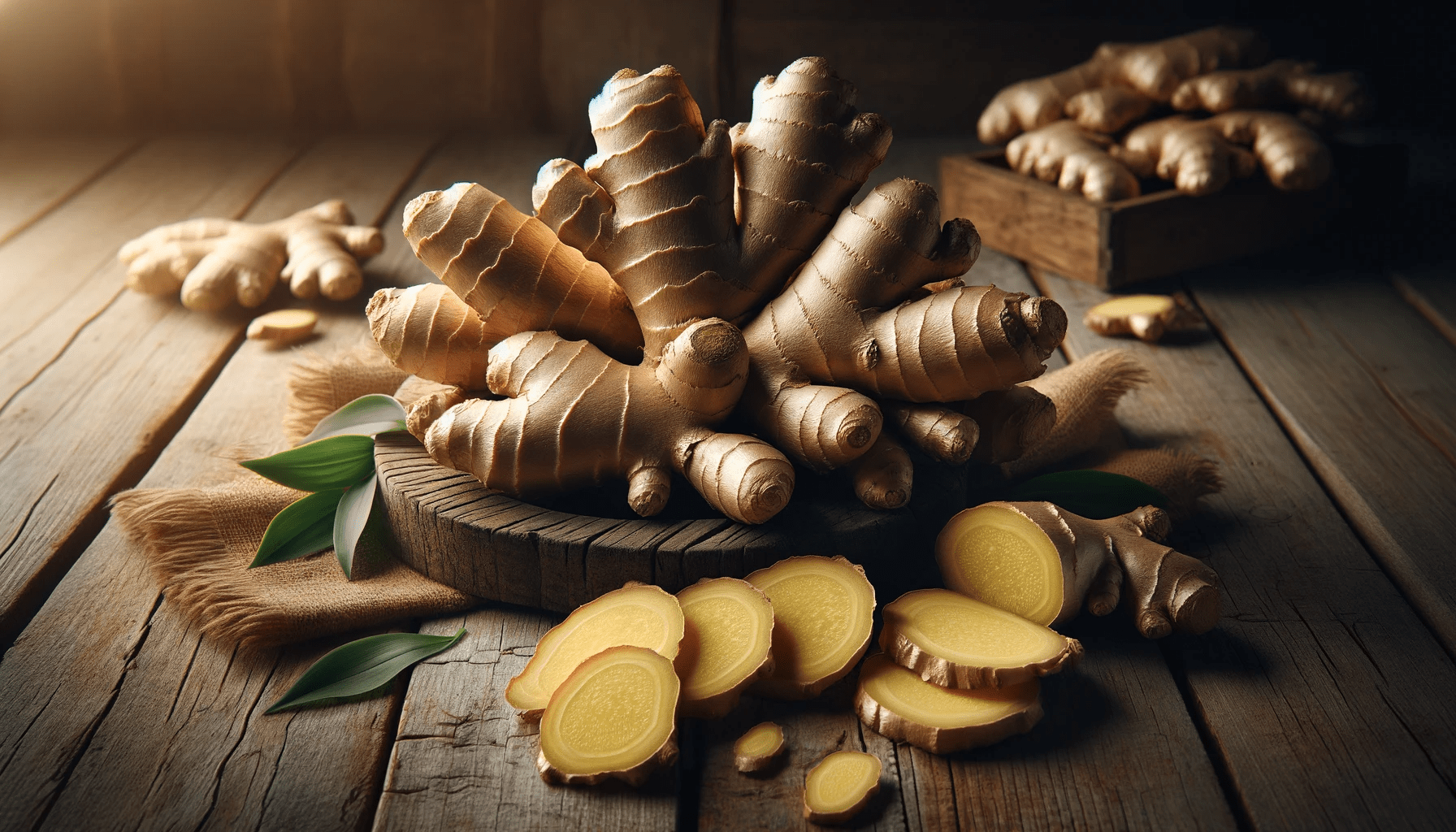
Incorporating more spices into your diet is a delicious and beneficial way to boost your health while adding variety and flavor to your meals. Here are concrete strategies to enrich your diet with the benefits of spices:
1. Start with the Basics
Familiarize yourself with a range of spices, starting with the most common ones such as turmeric, cinnamon, ginger, cayenne pepper, and cloves. Buy small quantities to experiment and discover what you like.
2. Incorporate Them into Your Usual Recipes
- Turmeric: Add a teaspoon of turmeric to your stews, soups, or curries for a vibrant color and an antioxidant boost. Turmeric is also excellent in marinades for meat and fish.
- Cinnamon: Sprinkle cinnamon on your porridge, yogurt, or chopped fruit for a sweet touch without adding sugar. Cinnamon can also enhance the taste of meat dishes and roasted vegetables.
- Ginger: Incorporate grated fresh ginger into your dressings, marinades, or juices. Fresh ginger can also be infused in hot water for a soothing herbal tea.
- Cayenne Pepper: A pinch of cayenne pepper can spice up a sauce, a pasta dish, or a hot chocolate. Start with a small amount and adjust according to your heat tolerance.
- Cloves: Infuse cloves in your tea or coffee for a unique spicy flavor. They can also be incorporated into slow-cooked dishes or fruit compotes.
3. Be Creative with Snacks
- Add spices to your nuts or seeds before roasting for a flavorful snack.
- Mix cinnamon or ginger powder into your smoothie for a spicy twist.
4. Explore World Cuisines
Indian, Moroccan, Mexican, and Thai cuisines use spices abundantly. Exploring these cuisines can give you ideas on how to integrate them authentically and deliciously into your meals.
5. Make Your Own Spice Blends
Create your own spice blends to have ready-to-use seasonings that suit your taste. For example, a mix of turmeric, cumin, coriander, and cinnamon can be an excellent addition to a dish of roasted vegetables.
6. Use Them in Your Beverages
- Prepare a herbal tea with fresh ginger and lemon for an immune-boosting kick.
- Add cinnamon or turmeric to your morning coffee or latte for a comforting and anti-inflammatory drink.

